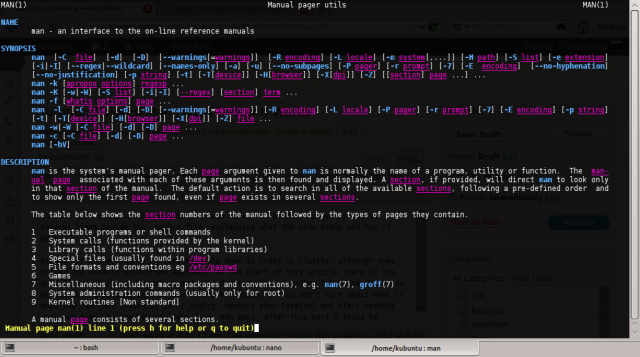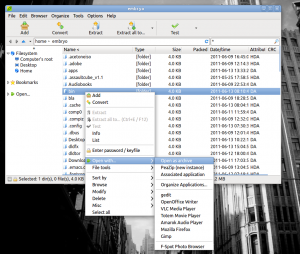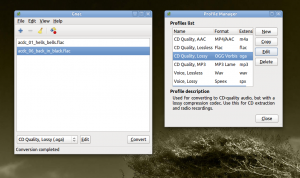There is this KDE bug which will open by default any movie application with Kaffeine, even though another program is set to open these. One solution would be to completely remove Kaffeine, this way the next application in the default applications list will be used.
However, if you don’t want to remove Kaffeine, you can try the following steps:






